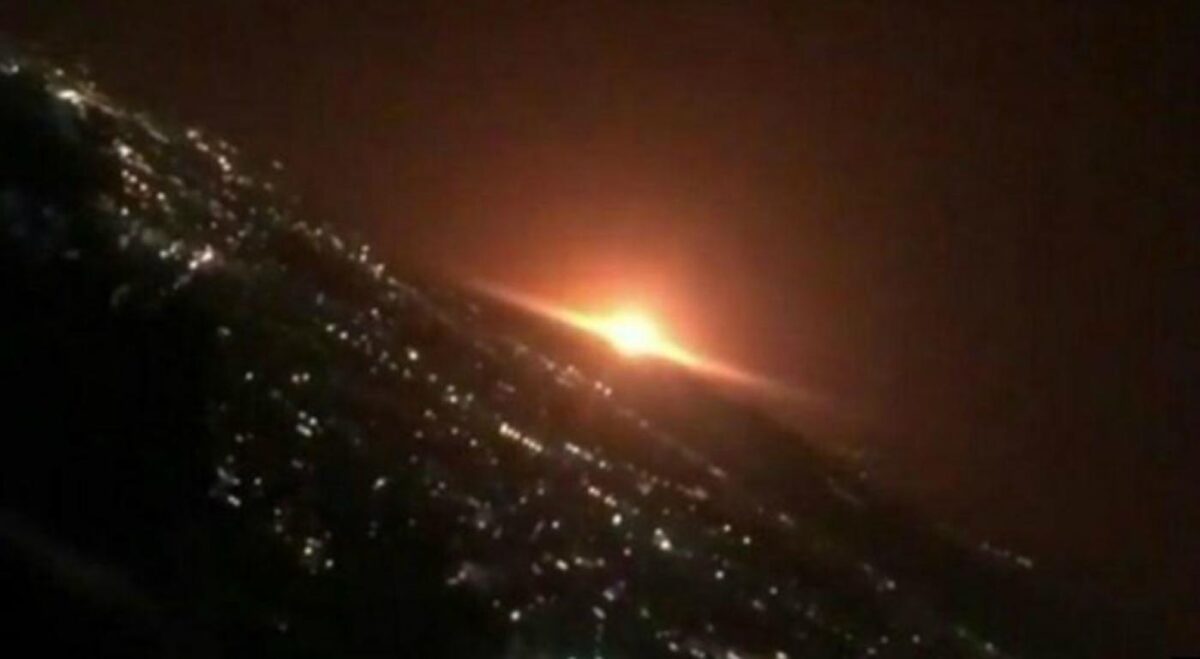It’s no secret that Israel is doing everything in its power to sabotage Iran’s nuclear program, but it’s an open question whether Israel was responsible for recent explosions that damaged two Iranian nuclear sites.
A spokesman for the Atomic Energy Organization of Iran, Behrouz Kamalvandi, disclosed that these blasts caused “significant damage” to advanced equipment, thereby delaying Iran’s nuclear project by at least several months.
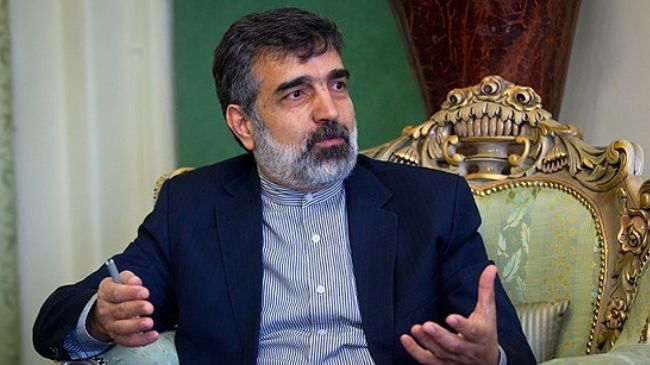
On June 26, the Parchin military complex, a missile production facility near Tehran, was targeted. A few days later, a fire broke out at a facility in Natanz, damaging a power plant. Iran’s state-of-the-art uranium enrichment centrifuge machines are manufactured here.
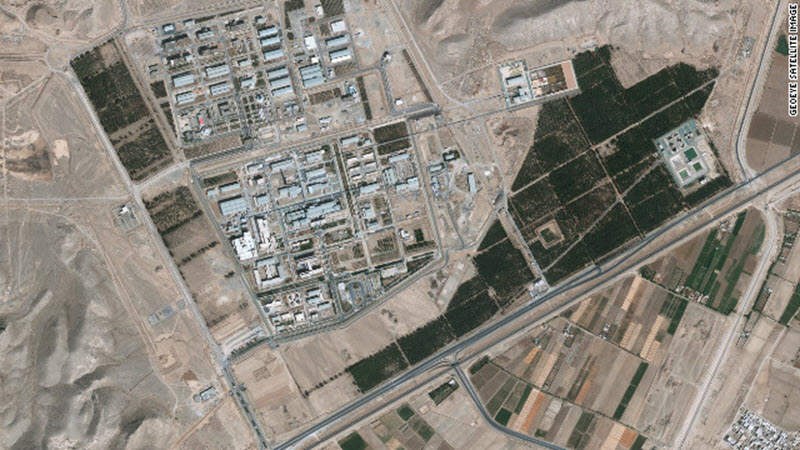
The most recent attacks occurred at a moment when the Iranian regime is struggling to cope with U.S. sanctions, which have devastated its oil-based economy, and is trying to contain the coronavirus pandemic, which has exacted a heavy toll on Iranians.
Initially, these incidents were dismissed by Iran as industrial accidents. But now Iran is pointing a finger of blame at Israel and the United States, both of which are hostile to the Iranian regime.
After officials in Iran speculated that the explosion at Natanz was set off by an Israeli cyberattack, an Israeli television report said that Israel was bracing for a possible Iranian retaliatory strike, which has yet to materialize.
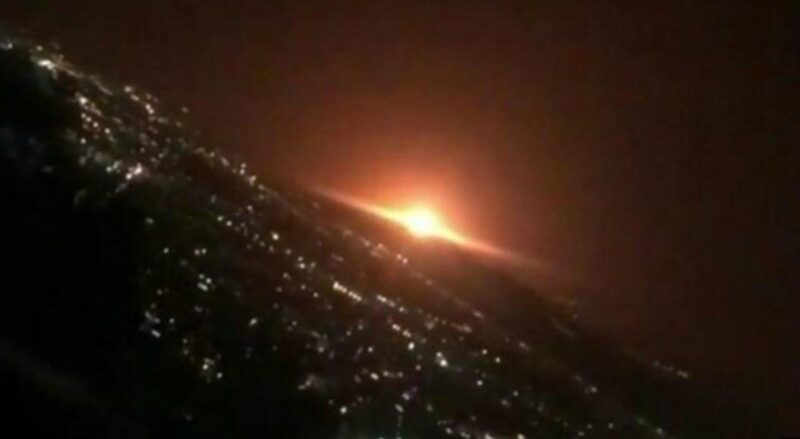
The New York Times, meanwhile, quoted an unidentified Middle East official as claiming that Israel had targeted the Natanz site.
In response to questions from the media, Israeli leaders were evasive. Prime Minister Benjamin Netanyahu refused to discuss the matter altogether, while Defence Minister Benny Gantz issued a cryptic comment. “Not everything that happens in Iran is necessarily related to us,” he said.
Israel’s foreign minister, Gabi Ashkenazi, was a little more forthcoming. “Iran cannot be allowed to have nuclear capabilities,” he said, reiterating a longtime Israeli policy. “We take actions that are better left unsaid.”
Israel and Iran have been bitter adversaries since the 1979 Islamic revolution. Since then, they have waged a shadow war that occasionally bursts into the public domain.
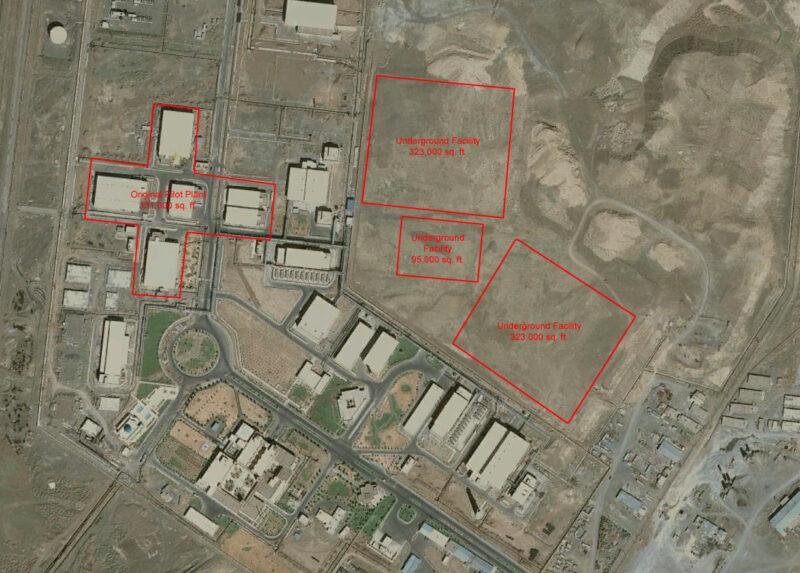
The United States — which broke diplomatic relations with Iran more than 40 years ago after Islamic militants seized its embassy in Tehran — has been conducting a campaign of “maximum pressure” against the Iranian government since its unilateral withdrawal from the 2015 Iran nuclear agreement.
That landmark accord kept Iran’s nuclear program in check, but after U.S. President Donald Trump disengaged from it in 2018, Iran began violating the terms of the agreement.
In a report released recently, the International Atomic Energy Agency said that Iran no longer limits its research and development on centrifuges, the machines that enrich uranium. Since 2019, Iran has been enriching uranium up to 4.5 percent, above the allowable rate of 3.6 percent. And Iran’s heavy water stockpile of 132 tons currently exceeds the quantity allowed under the 2015 agreement.
During the past decade, Israel has assassinated several Iranian scientists linked to Iran’s nuclear program. And in Operation Olympic Games, Israel and the United States jointly disabled some of the centrifuges at the Natanz facility in 2011.
Iran has launched counter-strikes.
Recently, the Mossad — Israel’s external intelligence agency — foiled Iranian attacks on Israeli embassies and consulates in Europe and elsewhere, according to a Channel 12 report.
Three months ago, Iranian hackers attempted to increase the chlorine in Israel’s water supply to dangerous levels. Israel responded with a cyberattack on a major Iranian port, slowing its operations for days, if not weeks.
In Syria, where Iran and Shi’a militias have entrenched themselves militarily, the Israeli Air Force has repeatedly bombed Iranian military bases.
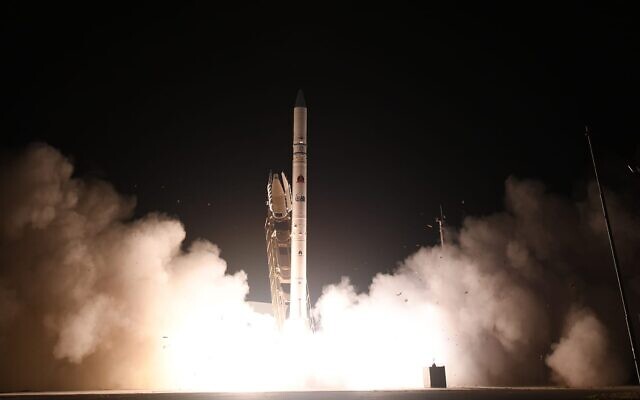
Recognizing that Iran is its chief enemy, Israel launched a new spy satellite, the Ofek-16, into orbit on July 6, the timing of which was planned in advance. It is mainly designed to monitor Iran’s nuclear and missile programs. According to Netanyahu, it will enhance Israel’s ability “to act against Israel’s enemies, near and far alike.”
It remains to be seen what impact the Ofek-16 will have on Israel’s struggle with Iran. What is reasonably certain is that this conflict will not end any time soon, judging by the latest developments in Israel’s shadow war with Iran.
